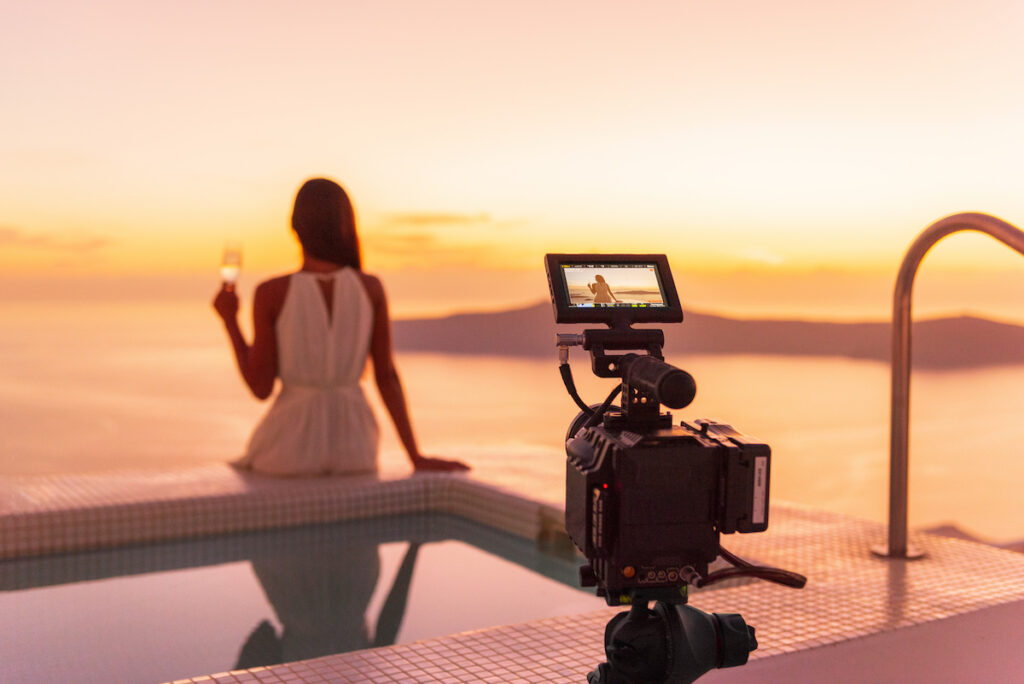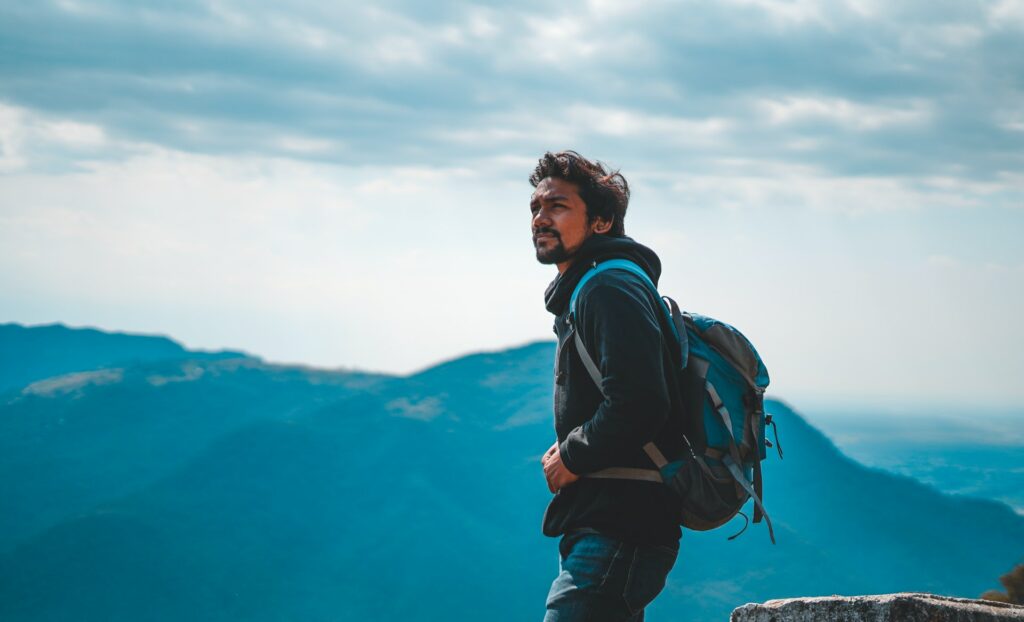How Social Media Marketing is Helping in Hospitality Recovery

By Kamesh Shukla, Executive Vice President – Asia Pacific, Middle East & Africa, RateGain
With thousands of channels available to travelers to get the best deal and influence their decision, more hotel chains are investing in social media to directly connect with the guest as part of their strategy.
Ten years back, Instagram started as a photo posting site and would have never imagined the impact it would have on driving travel inspiration and building a relationship between the guest and hotels.
Travel and Hospitality in the last few years have increasingly focused on engaging the guest through the platform and try to understand the needs of every possible guest through not only Instagram but other communication channels.
Before we entered 2020, in Asia, 55% of millennials were basing their booking decisions on social media, mostly influenced by Instagram, according to data provided by Expedia.
With thousands of channels available to travelers to get the best deal and influence their decision, more hotel chains are investing in social media to directly connect with the guest as part of their strategy. In 2019, 63% of social media marketers confirmed that social listening would be crucial in 2020 to continue to engage the traveler and the same was confirmed in a conversation we had earlier this month with Steven Taylor from Accor.
However, no hotel chain or destination could have predicted the way 2020 turned out and wiped out most strategies from the drawing board. Brands and social marketers find themselves making adjustments to their original strategies as they try to leverage analytics, empathy, purpose, and agility for establishing your brand’s connection with the guest, even when they are at home.
As hoteliers build on this engagement, the only certainty is that audience behavior will continue to change dramatically over the next few weeks and months. In the latest recovery tracker, our data shows that over 40% of social media users are now asking questions on Property and Destination Opening instead of asking for cancellations, showing a highly engaged potential guest.
Historically we have observed that organizations that respond well to a crisis and continue communications see a 20% increase in brand value as opposed to those companies that respond poorly see a 30% decrease according to Penland analytics.
We spoke to multiple marketing leaders over the last few months, and in this post, I highlight two industry leaders who focused the efforts of their marketing teams to build trust and drive revenue.
Building trust with your guests in the new normal
Ruchika Mehta, who heads marketing efforts for The Park Hotels, tells us that before COVID-19 hit the country, their social media goals were to build brand awareness, showcase their products, and consistently communicate what the brand stands for. Building trust with guests was done through three phases
1. Communicating about Safety
However, as soon as the lockdown started, the first step the chain took was to talk about various steps the chain was taking to ensure safety & Hygiene, depending upon the WHO Guidelines, Ministry of Health guidelines & the local authorities’ guidelines.
2. Caring for the Society and Community
The second step was to take responsibility for not only the business but also towards the community and society by starting a campaign called ‘Hearts of Hope’ focused on providing door to door services to senior citizens within a 5 Km radius.
3. Engagement that was Anything but ordinary
The ethos of Park Hotels is to deliver experiences that are anything but ordinary, and Ruchika’s team built a campaign to deliver the same during the new normal.
Anything but ordinary focused on keeping customers engaged through activities such as food, music, fitness by providing content to maintain brand recall and showcase employees of the chain that are working with doctors and front-line health workers during the pandemic.
Did this help the chain increase engagement? According to Ruchika, CTR increased by 4X on all emails and she owes the success of the campaign on turning the focus from the brand to the guest and their needs during the quarantine.
Driving Demand in the New Normal
Building trust is critical for a brand, however sustained engagement to drive bookings and revenue from social media is the key success metric for most marketing leaders. Alvin Jacobs, AVP-Sales and Marketing for Cinnamon Resorts in the Maldives detailed a four-phase process for getting this right, which was planned with BCV to solve for revenue generation.
Lockdown Dream: The first phase included assistance for re-booking and refunds, changing our social media content, and, most importantly, monitoring real-time as mitigating negative reviews is critical for driving demand in the future.
See Now Experience Later: The second phase involved in encouraging guests to share photos and awarding a two-week stay voucher and promoting the health standards and safety measures taken by the brand.
Book Now Stay Later: The third phase was executed to help Cinnamon generate revenue during the crisis and also allow guests flexibility on booking terms and plan to stay anytime until October 2021.
It’s time: This phase would kick in when the Maldives as a destination opens up and people will be able to travel to the destination.
The key to success of these campaigns was an ROI-focused strategy that micro-targeted source markets and personas to create tailored content for Cinnamon hotels to deliver more than 200 room nights worth of revenue and an ROI that exceeded 200.
Cinnamon Hotels is a clear example that even as supply outpaces demand in the current scenario, hotels should amp up their social media efforts to stand out to the right traveler and convert them by communicating the promise of an exceptional experience.
What’s next?
1. Don’t rely on standard content for standard audiences:
Brands need to understand who their target audience is, what they care about, and how they manage their time to capture their attention. This is essentially monitoring sentiment. It’s how brands create campaigns that are designed to empower and engage the market. Content curated for this motivates users to participate in a brand’s advocacy or campaign in their own words.
2. Product discovery will become more visual and social:
This is especially true among mobile-first consumers who turn to social media as a research venue. Instagram now has a shopping feature, which allows users to check out new products from brands in a few swipes. This shows that visual content is more crucial than ever—you can literally put a price tag on your photos on Instagram now.
3. Make ROI your key metric:
Every digital platform has its own metrics and today, digital marketers can track close to 50 metrics to show success such as followers, traffic, share of voice and many more however as hospitality marketers emerge from this pandemic, the only thing their social media strategy should work towards is actual revenue contribution and ROI from paid media efforts.
The digital world has become noisier than ever, with people constantly consuming content that does not give them hope or inspiration for a better tomorrow. These few tactics can help hotel marketing managers not only create path-breaking content but also impact their business positively and lastly, put a smile, which is the ultimate goal of every hospitality brand.






Responses